
Speakers of IWRED 2023
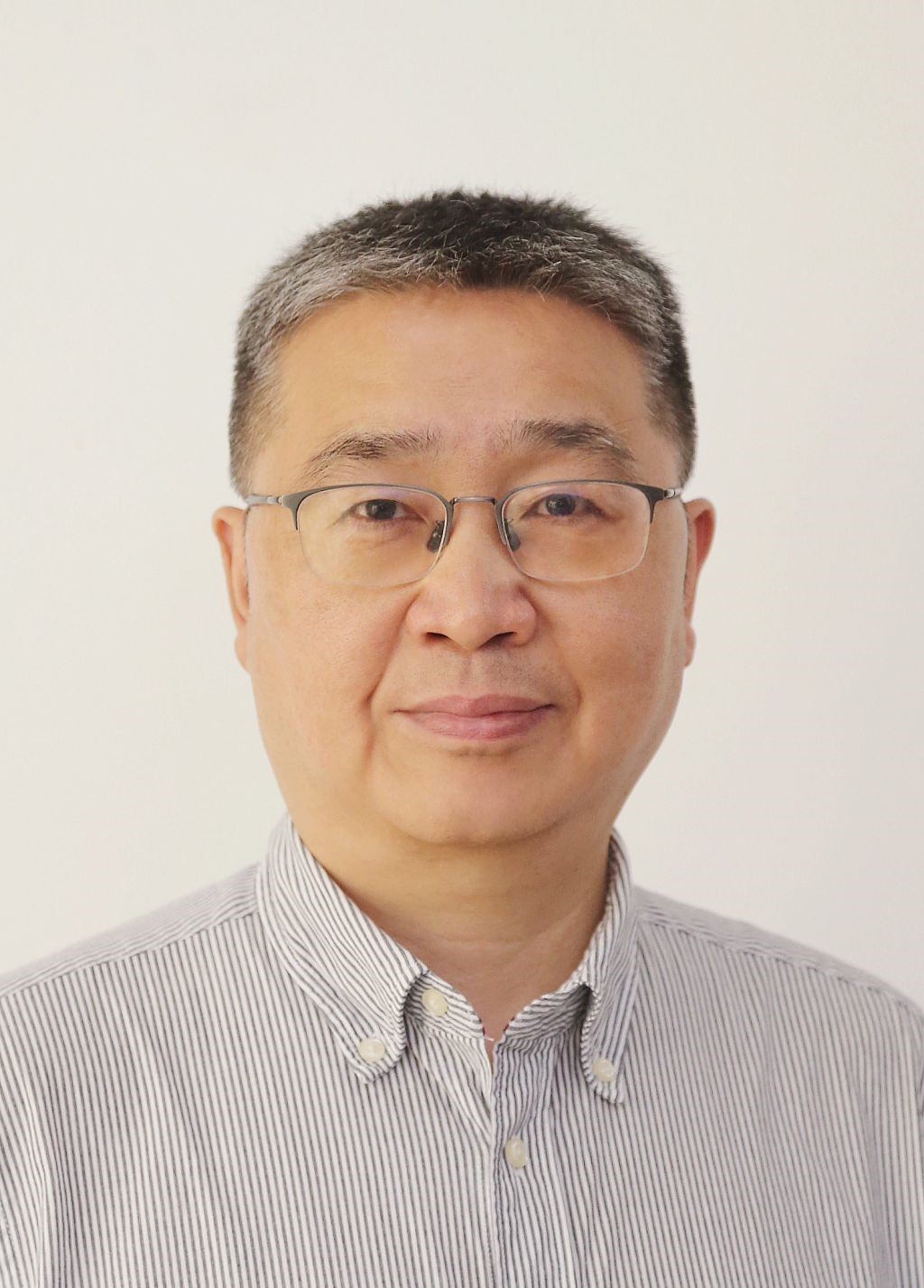
Prof. Buxiang Zhou, Sichuan University, China
周步祥教授,四川大学电气工程学院副院长
Experience: Buxiang Zhou received the B.S. and M.D. degrees in engineering from Chengdu University of Science and Technology (now Sichuan University), Chengdu, China, respectively, in 1986 and 1993, and the Ph.D. degree in engineering from Chongqing University, Chongqing, China in 1998. His research interests include dispatch automation, distribution network automation, and power system planning. He is a Professor at the College of Electrical Engineering, Sichuan University, Chengdu, China. He is a director of the Grid Operation & Control Technological Subcommittee of the IEEE PES China Power System Protection and Control Technology Committee. He has published more than 100 papers and 3 books. He leads the research team “Power System Dispatching Control and Information Processing with Hybrid Energy.” Under his leadership, the team has worked in the planning, management, and operation of the distribution network and participated in many projects of automation and information technology for smart grid construction. The work of distribution network planning covers 16 provinces across China and has led the planning of provincial and regional-level distribution networks multiple times, achieving fruitful results in distribution network planning. He received the Second Prize for Teaching Achievements of Sichuan Province and the Second Prize for Technological Progress of Sichuan Province.
Title: Research On 'Electricity-Carbon-Ecology' Collaborative Planning Technology In Desert And Gobi Area
Abstract: Vigorously developing the wind and solar resources in desert and Gobi areas has become an important part of the future development of new energy in China. However, the ecological environment in the desert and Gobi areas is fragile, the local load is small, the conventional water /fire power supply configuration is difficult, and the power grid conditions are weak. How to orderly and scientifically develop the large-scale new energy contained in the desert and Gobi area, promote the restoration of the ecological environment, and promote the development of regional industries has become a new challenge. In response to this problem, this report first analyzes the challenges faced by new energy in the system planning, operation control and development model in the desert and Gobi area from the perspective of building an intelligent energy and ecology system. Secondly, aiming at the planning and construction of large-scale new energy base in desert and Gobi area, the collaborative optimization planning technology of the three is expounded from the perspective of ‘power-carbon-ecology’ coupling. Finally, the opportunities and challenges brought by the development of new energy in the desert and Gobi area are summarized and prospected.
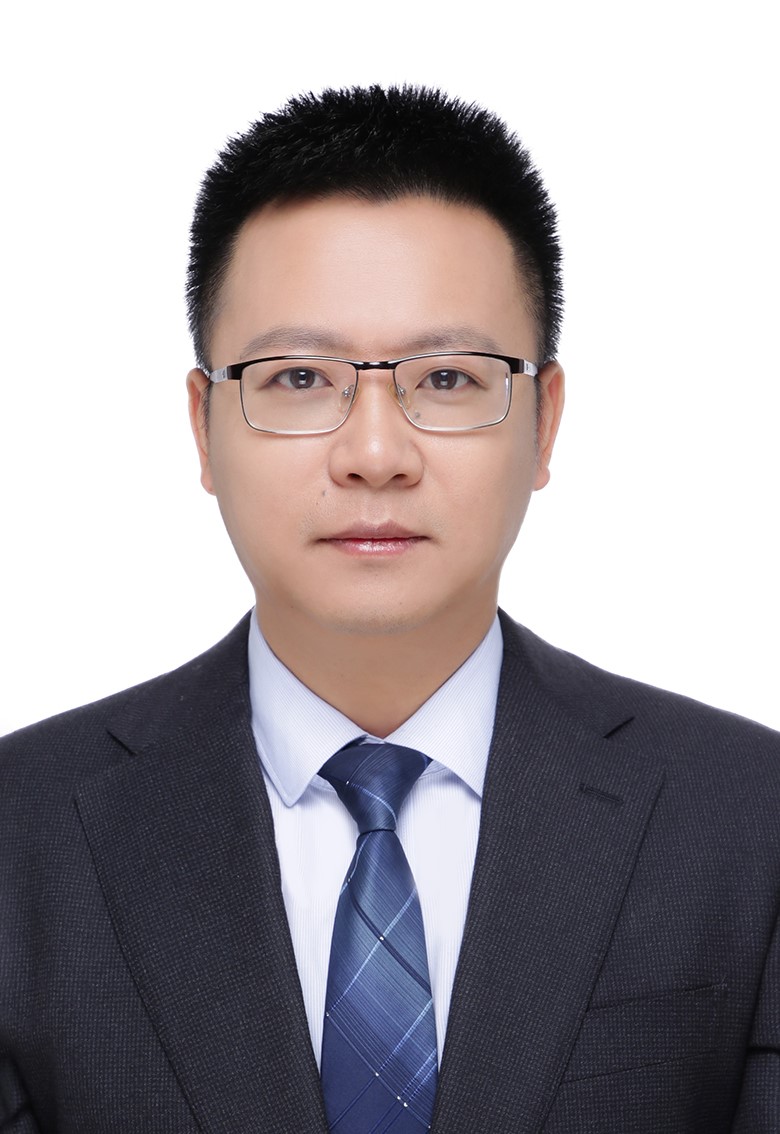
Prof. Qiang Lu, North China Electric Power University, China
陆强,教授,华北电力大学
Experience: Qiang Lu, full professor and Ph.D. advisor in North China Electric Power University, director of the National Engineering Research Center of New Energy Power Generation. He obtained the Excellent Young Scientists Fund of NSFC and was honored as the “Ten Thousand Plan” Young Talent. He has published more than 200 SCI papers with more than 7000 citations as the first/corresponding author, has granted more than 60 invention patents as the first inventor, 7 of which have been licensed for implementation or transferred. He has co-edited 6 monographs/textbooks, presided over the development of 2 industry standards and participated in the development of 1 IEEE international standard. He was awarded the Second Prize of National Science and Technology Progress (2nd), the First Prize of Hebei Provincial Technology Invention (1st), the First Prize of Science and Technology Progress of the Ministry of Education (twice, 2nd and 3rd) and the China Patent Excellence Award (twice, both 1st), as well as other scientific and technological awards. He has independently developed a series of key technologies and equipment for the efficient pyrolysis and resource utilization of biomass/organic solid waste, clean and efficient combustion and safe operation, and selective catalytic reduction removal of flue gas nitrogen oxides, etc., which have achieved large-scale applications.
Title: R&D and Application of Multi-source Organic Solid Wastes Pyrolysis
Abstract: Focusing on the key technological bottlenecks in the pyrolysis of multi-source organic solid wastes, this report covers the topics including the exploration of directional regulation mechanism of the pyrolysis process, development of core pyrolysis reactors with strong adaptability to raw materials, and the system integration and engineering demonstration of complete sets of pyrolysis technologies and equipment, which is of great significance in helping to achieve the carbon peaking and carbon neutrality goals of China and the Beautiful China Initiative.
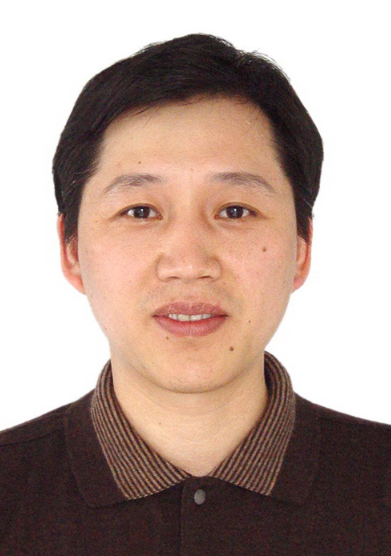
Prof. Qinhui Wang, Zhejiang University, China
王勤辉,教授,浙江大学
Experience: Wang Qinhui, Professor of State Key Laboratory of Clean Energy Utilization (CEU), Zhejiang University in China. Vice Director of National Energy Technology R&D (experimental) Center on Clean Coal Conversion. Member of a council, Chinese Society of Particulogy;Vice director of Fluidization Study Committees, Chinese Society of Particulogy;Commissioner, Thermal Power chapter, Chinese Society for Electrical Engineering (CSEE). The main research fields are coal (biomass) combustion and gasification, circulating fluidized bed combustion and gasification, Coal poly-generation technology, pollutants removal and measurement on gas solid multiphase flow.
Title: Development on Biomass combustion and gasification technologies based on fluidized bed process
Abstract: Biomass is one of main renewable energy resource, meanwhile, the environment pollution due to burning or piling up the agriculture waste in land is serious. To using the agriculture/forest waste in clean and high efficiency, biomass gasification technologies have been developed based on fluidized bed process in Zhejiang University. Based on the research on the mechanism of biomass combustion, the transform process of alkali/chlorine (KCl) and high temperature corrosion due to alkali and chlorine, biomass circulating fluidized bed gasification technology is developed for agriculture waste. The first circulating fluidized bed gasifier (8t/h) fired with rice husk/corn stalk (50%:50%) coupled with large scale coal pulverized coal plant in China is operated successfully in July, 2018. To increasing the unitization benefit of the biomass, a new biomass fluidized bed gasification technology cogenerated char and steam is developed and operated successfully.
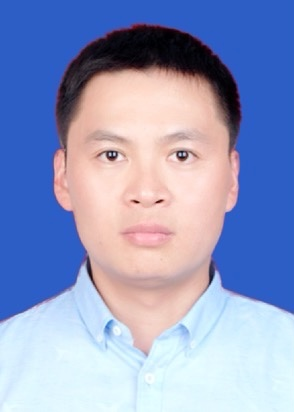
Prof. Donghai Xu, Xi'an Jiaotong University, China
徐东海教授,西安交通大学
Experience: Professor Donghai Xu has been committed to the research of hydrothermal conversion of wet biomass for many years. He has presided over 11 national and provincial scientific research projects, including international cooperation projects of National Key Research and Development Plan (as the chief scientist) and 3 National Natural Science Foundations, etc. He has published more than 150 SCI papers (with 6 ESI papers), which have been cited more than 3500 times, and his personal H-factor is 31. He has published 4 books in Chinese and English. He has been authorized 56 Chinese invention patents and 2 American invention patents. He is a member of the New Energy Expert Group of the China Energy Society, the Executive Director of the National Association of Analytical and Applied Thermal Cracking Academics, and the guest editor of two international journals (i.e., Journal of Analytical and Applied Pyrolysis (IF=6.330), and Energies (IF=3.252)). He has won the Gold Medal of the 8th International Invention Exhibition, the Excellence Award of China Patent, and the first Prize of Science and Technology Award of Shaanxi Higher Education Institutions. He was selected as a member of Xi'an Jiaotong University “Young Top Talent Support Program” Category A, and the annual influence list of the world's top 2% top scientists in 2022.
Title: Research on sewage sludge hydrothermal liquefaction and its products utilization
Abstract: Hydrothermal liquefaction (HTL) is an effective thermochemical process for sewage sludge treatment. Its main product is biocrude (a crude bio-oil), along with some by-products including aqueous phase, gases and solids. HTL can effectively achieve the purposes of reduction, stabilization, harmless and resource recovery for sewage sludge treatment. Many efforts are continued extensively to improve conversion efficiency and process economy so as to promote the industrial application of this technology. This work systematically investigates critical influencing factors (e.g., reaction temperature, residence time, solvent, catalyst, and pretreatment) and fundamental transformation mechanisms of main components (i.e., lipids, proteins, and carbohydrates) during sewage sludge HTL. Moreover, the application of HTL products is comprehensively studied. Reusing the aqueous phase and solid products as reaction medium and catalyst carrier respectively after sewage sludge HTL seems to be feasible to realize resource utilization of sewage sludge. Potential challenges and opportunities are also highlighted in this work. It is necessary to develop advanced methods for catalyst recovery and innovative biocrude upgrading methods so as to reduce investment and operating costs. This information can provide valuable guidance to promote the industrialization of sewage sludge HTL.
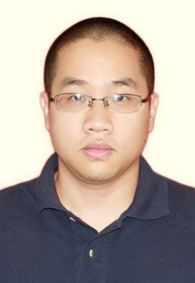
Prof. Qibin Li, Chongqing University, China
李期斌教授,重庆大学
Experience: He researches on the thermodynamic cycles and thermophysical properties of working fluid, which is aiming at efficient utilization of medium-low grade thermal energy. He has directed 4 national funds and more than 10 provincial/ministerial/enterprise projects. He has published more than 60 journal papers as the first/corresponding author (with more than 2000 citations), and authorized 7 patents. He has been listed in the World’s Top 2% Scientists (2020 and 2021). He is member of the youth committee of the thermodynamics and energy utilization branch of the Chinese Society of Engineering Thermophysics, member of the youth committee of the fluid control engineering branch of the Chinese Society of Mechanics, member of waste heat recovery and utilization technical branch of Standardization Technical Committee of Machinery Industry Environmental Protection Machinery, and young editorial member of International Journal of Hydromechatronics.
Title:The working fluid improvement and optimization for organic Rankine cycle
Abstract: The utilization of renewable energy and waste heat recovery can effectively alleviate the ongoing energy crisis and environmental pollution. The organic Rankine cycle has been proven to be reliable in converting low-to-medium-grade thermal energy to power. The organic refrigerant is a crucial factor in the organic Rankine cycle design procedure, because the cycle performance depends mainly on the thermophysical properties of the working fluid. In this report, the speaker will present some related works they are currently working on.